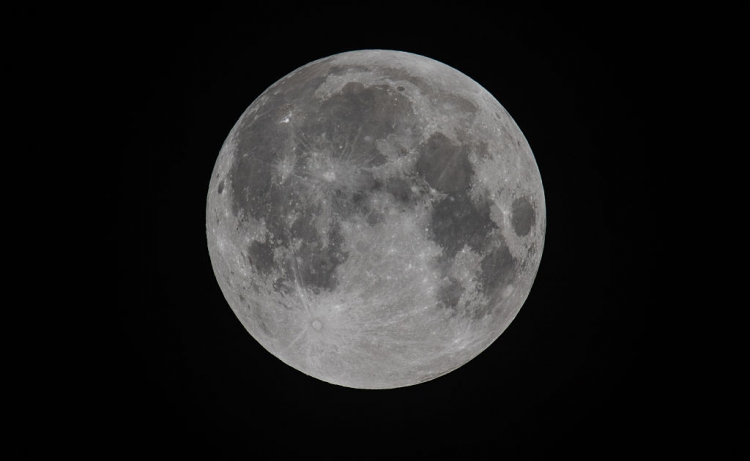South Korea Commences 1st Phase Of The Lunar Project To Meet 2020 Deadline For Moon Landing Mission

South Korea has confirmed that a lunar exploration project is underway and is set to begin in 2017 with prospects of landing a lunar vessel by 2020, the Ministry of Science, Information and Communications Technology and Future Planning said Wednesday.
According to KBS World Radio, the ministry approved the project during the space development committee meeting held on Dec. 30, 2015. It also earmarked an equivalent of over $17 million in 2016 for the $169 million-worth project that will be supervised by the Korea Aerospace Research Institute.
Business Korea reported on Nov. 13, 2014 that the lunar exploration project was first envisioned through the Roh Moo Hung administration's Space Development Roadmap and the Lee Myung Bak administration's Basic Promotion Plan for Space Development.
Reports reveal that the project is split into two main phases. The first phase, which commences in 2016 and continues until 2017, includes the completion of the basic technical designs of the orbiter and module in cooperation with NASA, and the construction of a test orbiter. The scientists are expected to complete building the scientific gear that would be operational for deep space communication between the orbiter and the earth-bound control station. Under the first phase, the government expects to have completed developing a 550-kilogram orbiter and payload by the end of 2017.
he scientists will oversee the self-production of the orbiter and module in the second phase, and subsequently launch the South Korean Space Launch Vehicle (KSLV). The second leg of the project will ensue on 2018 to 2020.
Results of a feasibility study suggests that that economic value of the lunar exploration is valued at approximately $3.4689 billion.
Sputnik News noted that Seoul is planning to collaborate with foreign agencies such as the United States' National Aeronautics and Space Administration to develop and determine scientific payloads.



